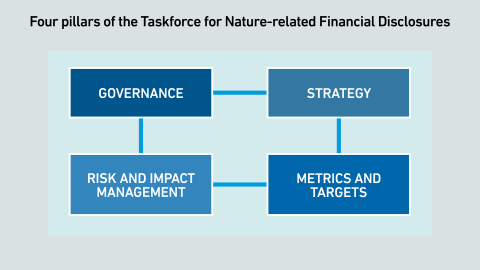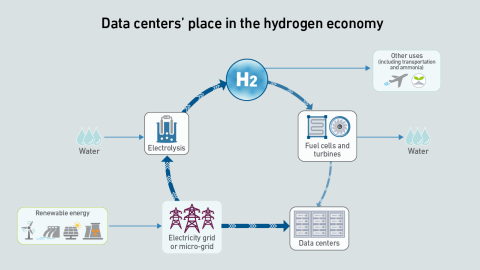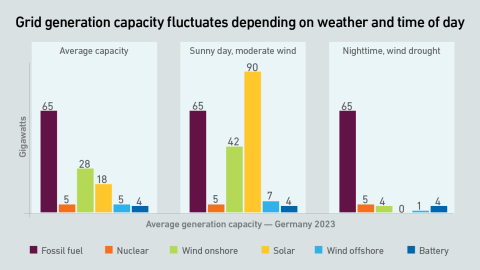Raising supply air temperature is drawing interest from data center providers and regulators in some countries. While saving energy, it may also reduce resiliency. This report quantifies energy impacts to clarify when it can be beneficial.
filters
Explore All Topics
Historically, data center waste heat recovery has been promoted with a focus on the benefits for the heat off-taker. And yet, the overall winner in most situations is the data center operator — even if they are not paid for heat.
Data center operators building new systems can choose from nine categories of cooling technology. Innovative cooling equipment has minimized energy and water use and the average PUE for air-cooled and water-cooled systems.
The Netherlands is now enforcing the energy saving obligation, suggesting they will also enforce EED energy management system and audit requirements. Data center operators need to establish a plan to optimize their energy performance.
Uptime Institute's 2024 IT and Power Efficiency Survey (n=941) focuses on strategies for managing data center IT equipment inventories, gathering data for accuracy and completeness, and the collection of storage and server information.The attached…
The UK has become the latest nation to classify data centers as part of the critical national infrastructure. But for data center operators, is this a welcome move?
Some operators are using natural gas for on-site power where the local grid is constrained. This will increase their emissions — but gas is essential in the transition to renewable energy and operators’ use of it is best seen in this light.
As new capacity is concentrated in super-sized data centers and legacy facilities continue to operate in large numbers, market trends become more difficult to read. This report looks at how size affects the age distribution of capacity.
The European Database on Data Centres is operational, but EU member state processes to provide required IDs are still being finalized. Operators should begin the data submittal process as member state coordinator(s) are assigned.
Increasing supply air temperature is gaining interest as an approach to potentially save data center energy. However, savings will not be universally possible and understanding its potential involves a complex multivariable analysis.
The acceleration of data center energy consumption growth projections appears to threaten sustainability objectives. Instead, it demands a reinvigoration of efforts to improve the energy efficiency of the IT infrastructure through better system…
Data center operators are already required to reduce their impact on the climate and soon they may have to do the same with local habitats. Emerging nature restoration rules will demand action to preserve ecosystems and biodiversity.
Hydrogen is a promising energy storage medium that can help decarbonize infrastructure. It is not a great fit for the majority of data centers, and the hydrogen economy is not fully developed.
The data center industry’s drive for carbon-free growth appears to be at odds with electricity grid stability. Data center operators will need to reorient their strategies to integrate growth, efficiency and decarbonization.
The Netherlands has started to publish data center EED information and KPI reports — the first EU nation to do so — but with only 25% of reported IT space including data on energy and water use, the 2024 data report will not provide meaningful data.
 Dr. Tomas Rahkonen
Dr. Tomas Rahkonen
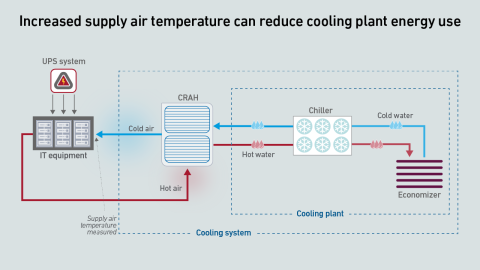
 Max Smolaks
Max Smolaks
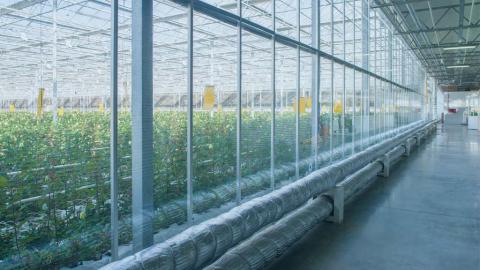
 Jay Dietrich
Jay Dietrich
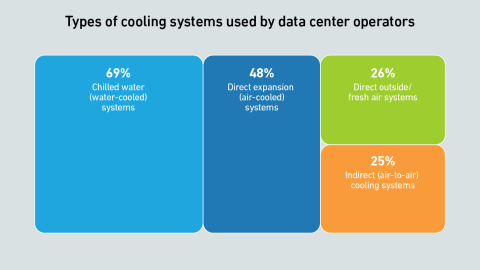
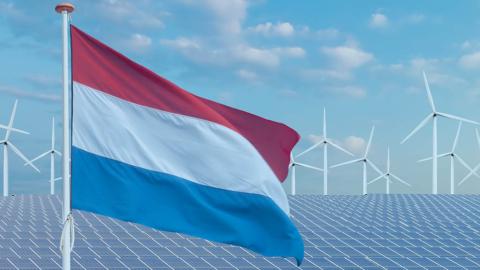
 Anthony Sbarra
Anthony Sbarra
 Laurie Williams
Laurie Williams
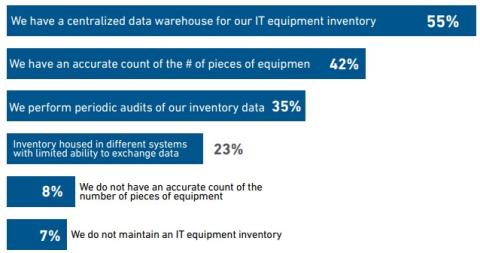
 Peter Judge
Peter Judge
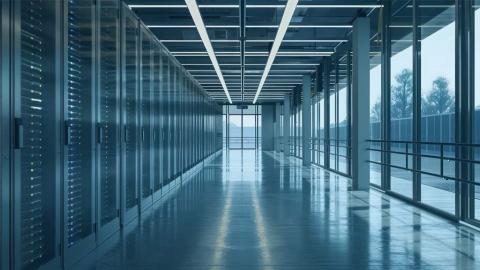
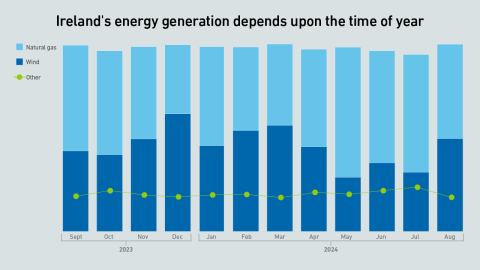
 Jacqueline Davis
Jacqueline Davis
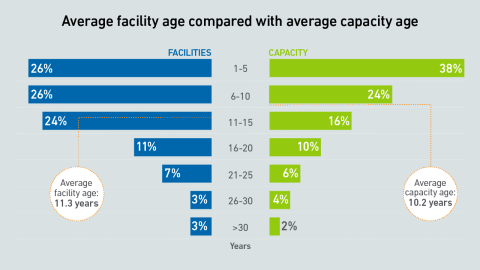
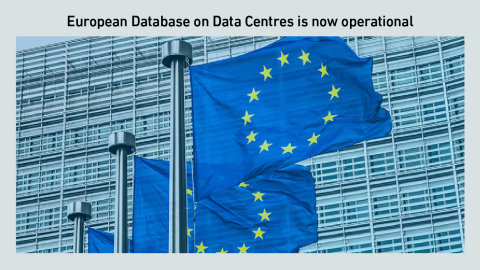
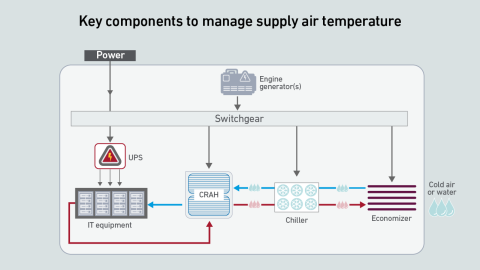
 Andy Lawrence
Andy Lawrence

